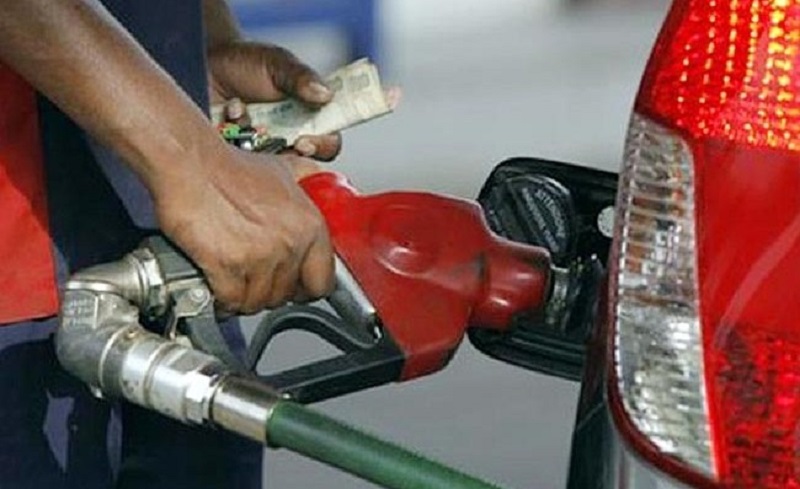Motorists Warned Against Using a Car Lever That Increases Fuel Consumption by 25 Percent
Motorists are being advised to avoid a specific car lever that can lead to a significant increase in fuel consumption, potentially rising by 25 percent. Experts have found that pressing this particular lever can have a detrimental impact on both petrol and diesel vehicles.
According to Greg Wilson, spokesperson for Quotezone, driving style plays a crucial role in determining fuel usage. Higher revs result in greater fuel consumption, making it essential to keep them at a manageable level. Changing gears quickly and shifting to higher gears as soon as possible can significantly affect fuel efficiency.
Wilson explained, “Engaging the highest possible gear keeps the revs low, ultimately saving petrol. For instance, when driving at 40 mph, the car consumes 25 percent more fuel in third gear compared to fifth gear. Under normal conditions, it is recommended to change gears when the revs are between 1,500-2,000 rpm.”
Paul Maynard, the technical training manager at ATS Euromaster, emphasized the importance of monitoring revs to conserve fuel. He stated, “Your driving style directly impacts fuel consumption. The more you accelerate, the more fuel you consume.
Ideally, try to keep the revs under 3,000 as a general guideline. Drive in the highest gear possible without straining the engine and change gears earlier than what feels natural. Additionally, avoid abrupt braking as it leads to increased acceleration and fuel usage.”
Vanarama experts also chimed in, highlighting the energy loss caused by excessive braking. “Every time you apply the brakes, the energy you paid for in fuel dissipates as heat generated by the brake pads and discs. Unnecessary revving during acceleration should be avoided. Instead, smoothly transition through the gears, maintaining a reasonable engine speed without laboring it by using excessively high gears.”
These recommendations come amidst soaring petrol and diesel prices, exacerbating the ongoing cost of living crisis faced by motorists.

